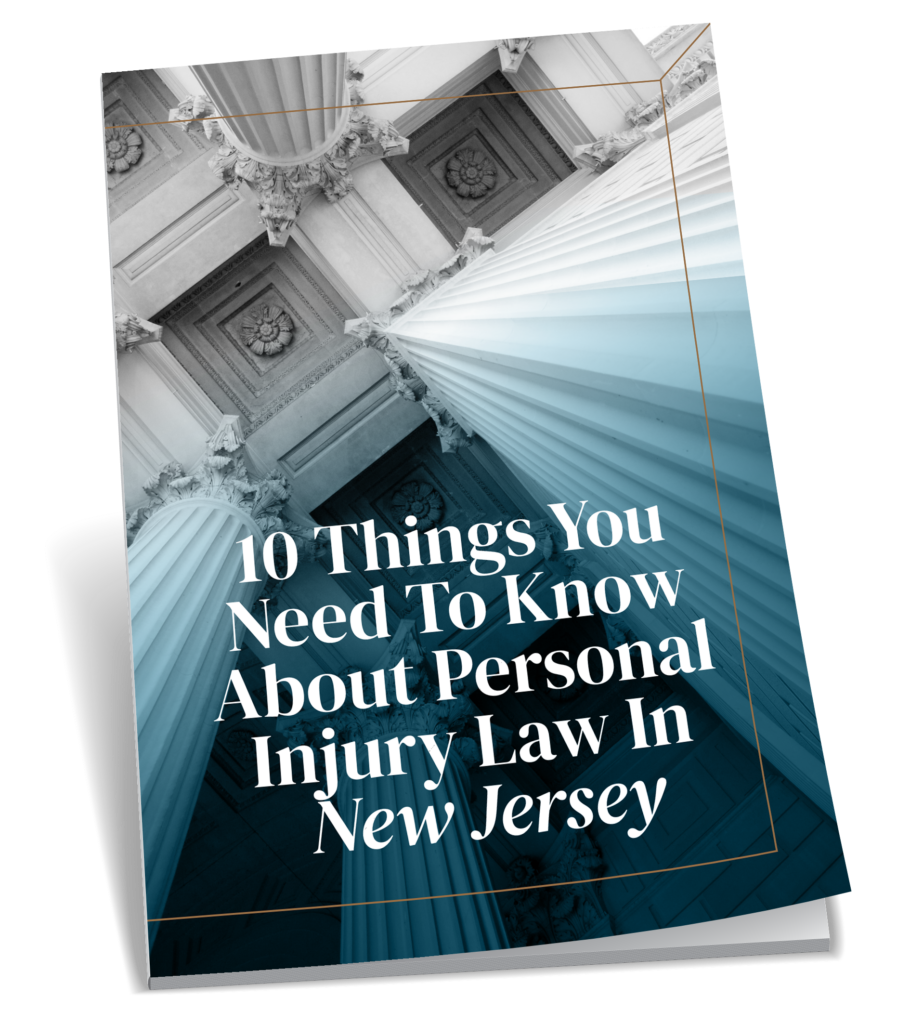What Is No-Fault Insurance/PIP?

Personal Injury Protection ("PIP") is a type of automobile insurance that pays the policyholder's medical treatment costs if they are injured in an automobile accident. PIP not only provides coverage to policyholders, but also to the policyholder's immediate family members and certain passengers in the insured vehicle. PIP also provides coverage to policyholders who are injured as pedestrians by automobiles.
This type of insurance coverage is often referred to as "no-fault" insurance because it is paid by the insurance company without regard to who was at fault for causing the accident. PIP insurance is mandatory in 16 US states, including New Jersey, Oregon, Utah, North Dakota, Michigan, Kentucky, Kansas, Hawaii, New York, Texas, Maryland, Massachusetts, Minnesota, and Pennsylvania, Florida, and the District of Columbia.
What Does PIP Cover?
Depending on the specific PIP coverage purchased, PIP may cover some or all of the following:
- Ambulance bills
- Emergency room costs
- Surgery costs
- Rehabilitation bills
- Funeral benefits
- Death Benefits
- Essential services, such as cleaning and child care
- Diagnostic services
- Lost wages
As to lost wages, default coverage in New Jersey starts at $100 per week. Additional benefits may be available, though the total lost wage benefits can't exceed the regular income of the injured person.
PIP Coverage/No-Fault Insurance Limits
No-fault insurance typically has a coverage limit, or a maximum amount of money that the insurance company will pay out on behalf of a policyholder. In states where PIP is regulated by state insurance laws, the state determines the types of available PIP coverages, including certain minimum and maximum coverages. In NJ, "standard" auto insurance policies contain PIP coverage up to a limit of $250,000. Co-pays and deductibles apply. Optional reduced limits of PIP coverage are also offered at $15,000, $50,000 $75,000 and $150,000.
Death Benefits
When an auto accident results in death, the estate of the deceased individual may seek PIP death benefits. These benefits typically consist of income continuation and essential service benefits. Only proof of death is required by the next of kin - no evidence showing loss of income or costs incurred by the estate is needed. Additionally, under the current NJ PIP scheme, a decedent's next of kin are entitled to as much as $1,000 to cover funeral expenses.
Why Have PIP?
If you sustain an injury in an auto accident, PIP facilitates immediate, paid-for medical treatment. Without PIP, you may have no coverage for medical care, or you may be forced to use your health insurance to pay for medical treatment. The problem with using your health insurance is that the health insurance company may later assert a lien on your recovery in a legal claim against the negligent party who caused your injuries. PIP typically has no right to reimbursement from the proceeds of a legal claim or lawsuit.
PIP vs. Medical Payment Coverage
Medical payment insurance coverage ("med-pay") is similar to PIP, but with a key distinction. Med-pay does not afford coverage for expenses like rehabilitation services, lost wages, funeral expenses and essential services. Thus, PIP coverage is far more expansive than med-pay and provides greater coverage to injured individuals, their family members and vehicle passengers.
Is PIP Required If You Have Health Insurance?
If you have separate health insurance, you may be able to designate your health insurance as primary in the event of an auto accident. This, however, is not always the best option as some health insurance policies contain express exclusions disclaiming coverage for auto accident injuries. Also, health insurance companies may charge higher deductibles and co-pays, and often do not provide coverage for lost wages and essential services. Additionally, health insurance companies may have a right to reimbursement for costs paid on behalf of an injured person, meaning the injured person could have to repay their health insurance company for the costs of treatment from the proceeds of any legal settlement or recovery. For these reasons, it is usually advisable to carry sufficient levels of PIP insurance coverage. Contact our New Jersey Car Accident Attorneys today to learn more.
